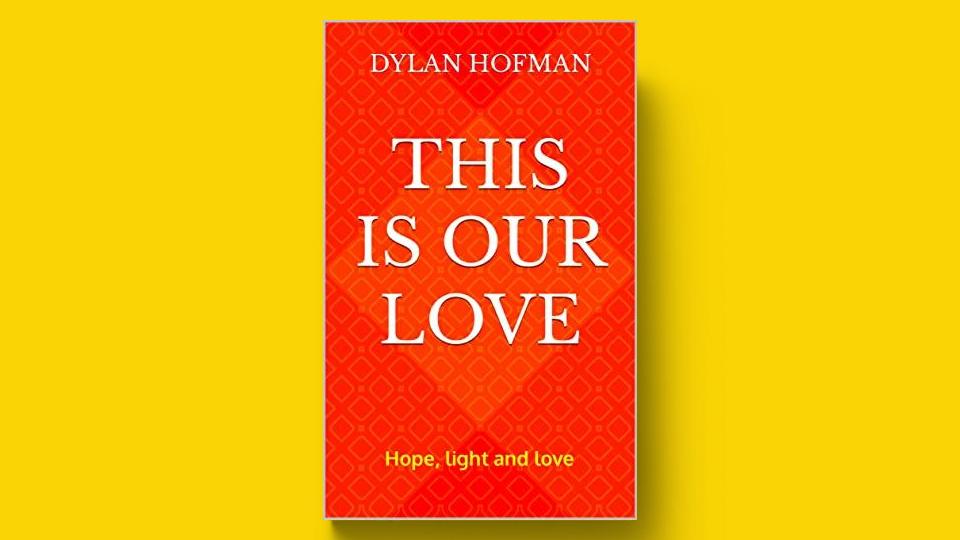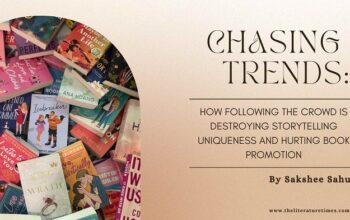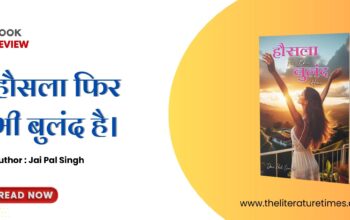“This is Our Love” by Dylan Hofman is one of the few books that has an honest depiction of the expression of love from the point of view of a homosexual person. It is interesting to observe how the author expresses this while also fulfilling the central purpose of making the book an expression of innocent love and ensuring that it is perceived in that way. At the same time, Hofman’s honest and authentic portrayal of love from a homosexual perspective helps to break down barriers and promote greater understanding and acceptance of the LGBTQ community. By sharing his personal experiences and emotions, he helps readers to see beyond the stereotypes and prejudices that often surround this community, promoting empathy and compassion.
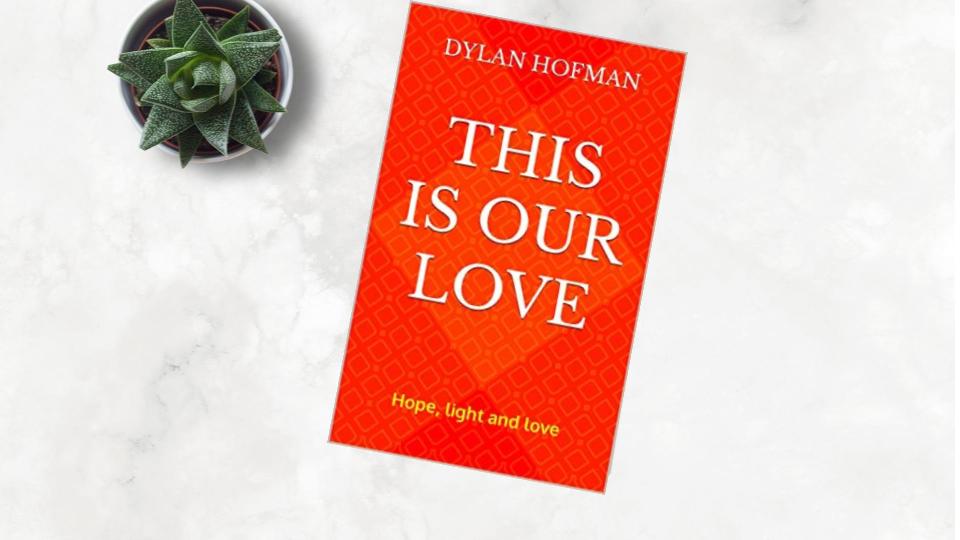
“This is Our Love” represents an important contribution to the ongoing conversation about love, acceptance, and diversity. By providing a unique perspective on these universal themes, Hofman encourages us to embrace love in all its forms, while also promoting greater understanding and inclusivity in the world. The way in which Hofman structures his book, with each chapter representing a day of the week, adds an additional layer of depth and meaning to the narrative. By exploring the different thoughts and emotions that arise in a person’s mind over the course of a week, he creates a sense of progression and growth, as well as a heightened sense of relatability for readers. Through his musings and reflections, Hofman also draws connections to the broader world around us, whether it be through historical events, current affairs, or personal experiences. In doing so, he situates the themes of love and acceptance within a wider context, highlighting their relevance and importance in our lives.
The title “This is Our Love” itself is also significant, as it suggests a collective ownership and responsibility for the concept of love. By using the word “our,” Hofman emphasizes the universal nature of love and encourages readers to see it as something that belongs to all of us, regardless of our differences.
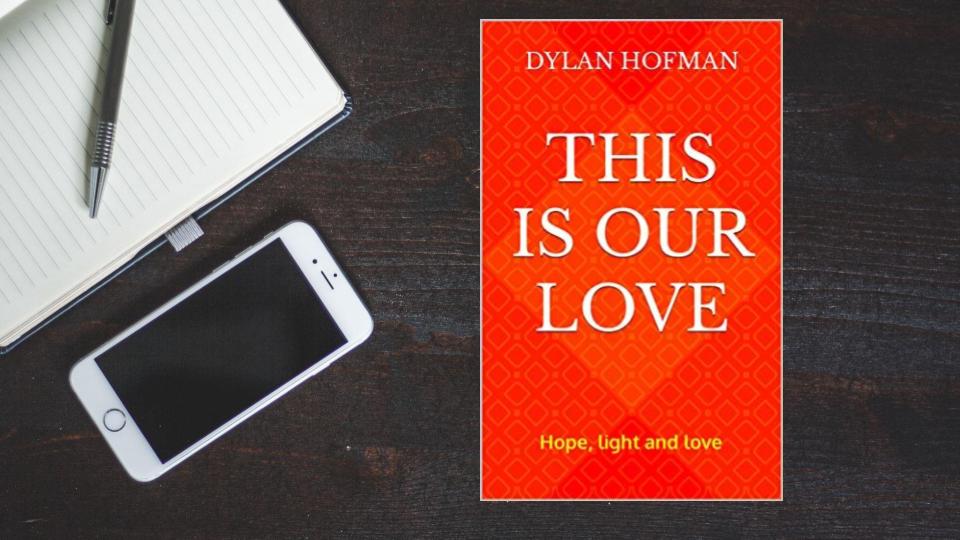
The structure and content of the book serve to deepen our understanding of love and its many forms while also encouraging us to reflect on our own thoughts and experiences. By doing so, Hofman invites us to become active participants in the ongoing conversation about love and acceptance, promoting greater empathy and understanding in the world. This book is recommended to the readers who not only relate to the author’s portrayal of love but also those who are interested in exploring the emotion of love from a new pair of eyes in a world where everyone is liberal and embracing towards all. For those who can relate to the author’s experiences, “This is Our Love” is a powerful and affirming read that can help them to feel seen and understood. The book provides a platform for their voices and experiences, and encourages a greater sense of self-acceptance and self-love.
At the same time, the book is also a valuable read for those who are interested in exploring the emotion of love from a new perspective. It offers a nuanced and insightful portrayal of love that goes beyond traditional gender roles and stereotypes, challenging readers to think more deeply about the nature of love and how it can manifest in different ways.
